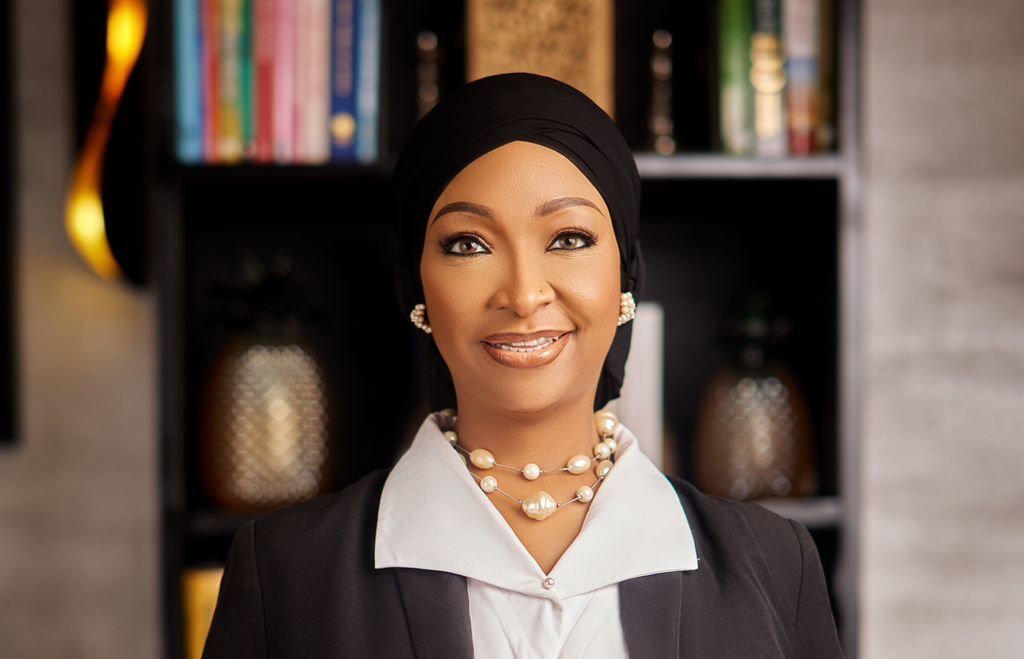The Federal Government has identified the Nigeria’s creative industry as a dynamic economic pillar, with ambitious plans to significantly increase revenue from the sector by 2030.
Speaking at the Ministerial Scorecard programme in Abuja, the Minister of Arts, Culture, Tourism and the Creative Economy, Hannatu Musawa, said President Bola Ahmed Tinubu’s administration views the sector as central to its economic diversification strategy.
She noted that what was once perceived as mere cultural expression is now being harnessed as a powerful engine for sustainable growth and job creation.
“In just eighteen months, we’ve secured $200 million in investment commitments, established innovative funding mechanisms like the Creative Economy Development Fund, and laid the groundwork for infrastructure that will create over two million jobs while elevating Nigeria’s global cultural standing,” she said.
Musawa emphasized the administration’s commitment to encouraging rural communities, women, and youth to participate meaningfully in the creative economy.
She added that strategic partnerships with government agencies, international organizations, and private sector stakeholders have positioned Nigeria’s creative and tourism sectors as viable alternatives to oil dependency.
According to her, President Tinubu’s decision to merge the former Federal Ministry of Tourism with the Ministry of Arts, Culture and the Creative Economy was aimed at reducing government expenditure and streamlining operations under the Renewed Hope Agenda.
“This merger aligns with the administration’s vision of harnessing sectoral synergies for sustainable development, economic diversification, inclusive growth, and global cultural influence,” Musawa stated.
She described the newly constituted ministry as a “catalyst for innovation, a driver of growth, and a champion for the empowerment of Nigeria’s extraordinarily diverse and talented cultural and creative sector.”
As part of its strategic direction, the Ministry has launched the D30 data initiative, aimed at mapping the creative economy to establish a data-driven foundation for investment prioritization, target setting, and programme design.
“This evidence-based approach is fundamental to our strategic planning and decision-making,” Musawa explained.
“In the music sector, for example, we have identified five key segments in the value chain, including production, marketing, and sales. Based on our draft report, we project the creation of over 500,000 new jobs by 2030.”
She also highlighted that the mapping suggests the sector will continue to flourish through self-employment and micro-enterprise models, with emerging regional creative hubs in Edo, Delta, and Plateau States joining Lagos as key players.
The Minister revealed that the validation process for the mapping initiative is ongoing, with formal publication of the results expected by early June.
“These are not just statistics,” she said. “They represent real opportunities for Nigerian youth, women, and communities nationwide. They demonstrate the transformative potential of our creative industries when strategically developed and properly supported.”
















